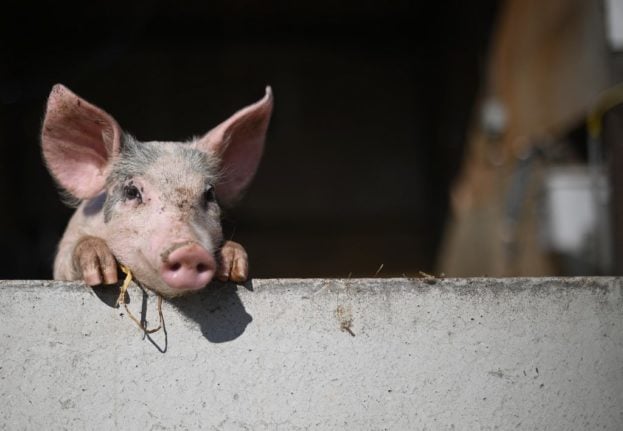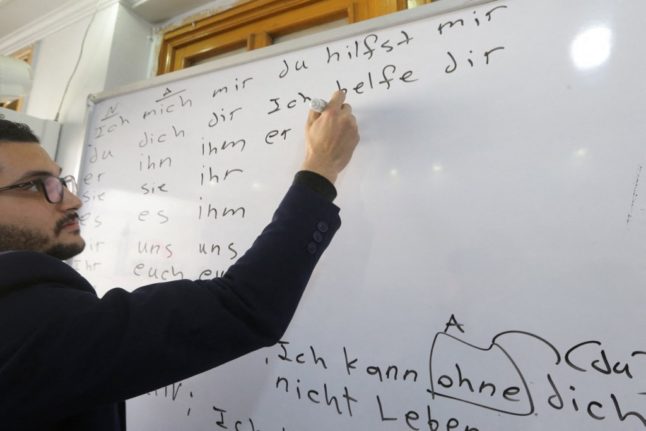1. Alter Schwede!
You may recognise this phrase from the cheese aisle at the supermarket, but it’s also a popular expression in parts of Austria for communicating surprise.
The phrase, which means “old Swede” comes from the 17th century when King Frederick William enlisted the help of experienced Swedish soldiers to fight in the Thirty Years’ War.
Because of their outstanding performance in battle, the Swedish soldiers became popular and respected among the Prussians, and they were respectfully addressed as “Old Swede”. Over the last three hundred years, the phrase developed into one to convey awed astonishment.
READ ALSO: Austrian word of the day: Beisl
2. Holla, die Waldfee!
This curious expression literally means “Holla, the wood fairy”. It can be used both as an exclamation of astonishment and to insinuate that something is ridiculous.
There are various explanations as to how the forest fairy made it into the German lexicon. Some say that it comes from the Grimm’s fairy tale “Frau Holle,” while others say it comes from an old song called “Shoo, shoo, the forest fairy!”
READ ALSO: Austrian folklore: Myths and legends you should know about
3. Das ist ja ein dicker Hund!
Literally meaning “that is indeed a fat dog!” this expression of surprise presumably originates from a time in the past when dogs were generally on the thinner side.
4. Ich glaube, ich spinne!
The origin of this expression is questionable, because the word “Spinne” means “spider” and also “I spin”. Either way, it’s used all over Austria to mean “I think I’m going crazy” as an expression of surprise.
5. Ich glaube, mein Schwein pfeift!
The idea of a pig whistling is pretty ridiculous, and that’s where the phrase – meaning “I think my pig whistles” – comes from. Austrians use this expression when they can’t believe or grasp something, or to express that they are extremely surprised.

6. Meine Güte!
This straightforward phrase simply means “my goodness” and is a commonly used expression of astonishment.
7. Oha!
More of a sound than a word, this short exclamation will let the world know that you are shocked by something.
READ ALSO: German phrase of the day: Ich glaub’ mein Schwein pfeift
8. heilige Blechle!
Often when surprised or outraged, we might let slip an exclamation that refers to something sacred. This phrase fits into that bracket, as it means “holy tin box”.
The peculiar expression comes from the Swabian dialect and refers to the cash box from which the poor were paid by the Church in the Middle Ages.
9. Krass!
The word Krass in German is an adjective that means blatant or extreme, but when said on its own, it’s an expression of surprise. Popular among young Austrians and Germans, it’s usually used in a positive way, to mean something like “awesome” or “badass”.



 Please whitelist us to continue reading.
Please whitelist us to continue reading.
Member comments